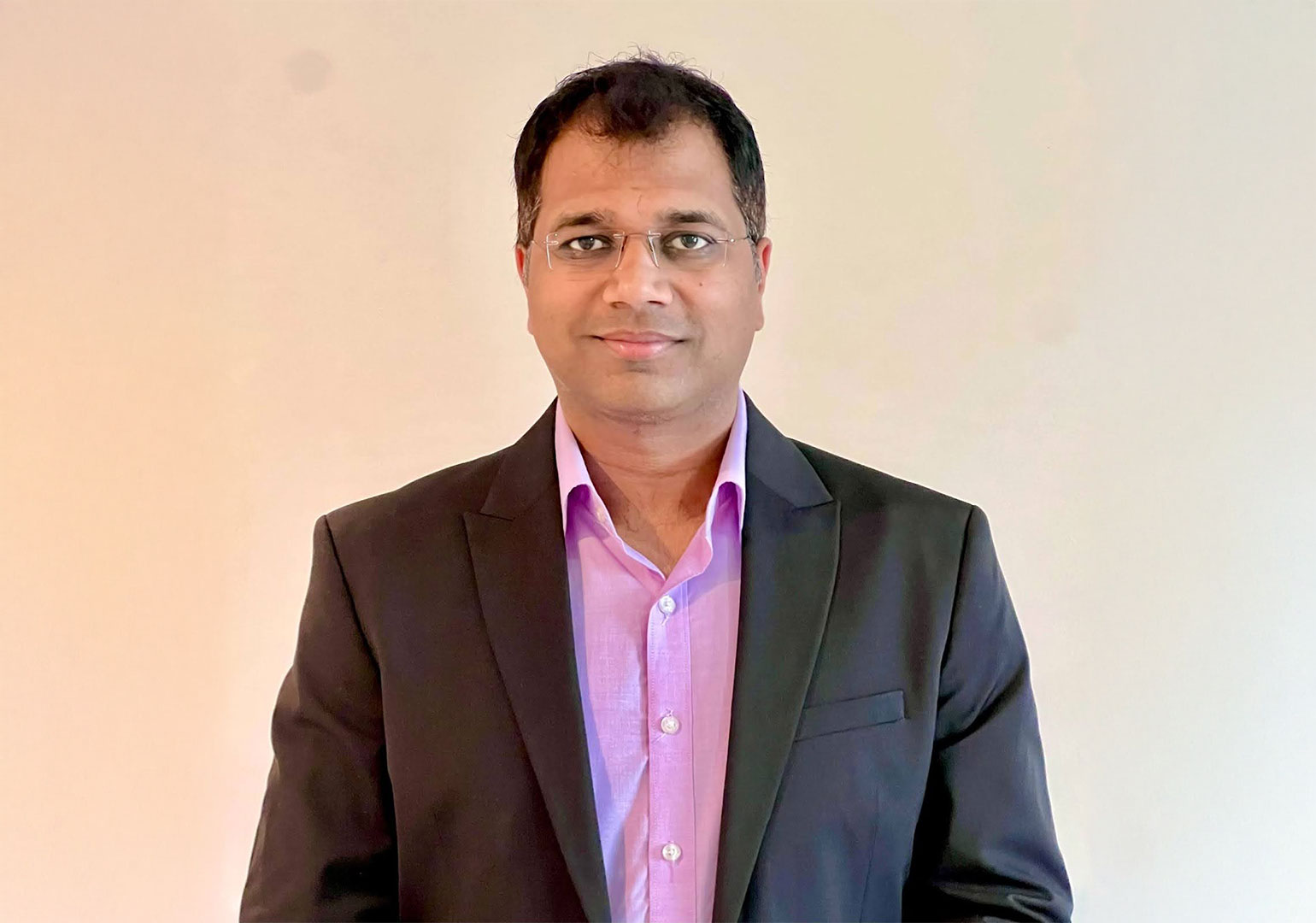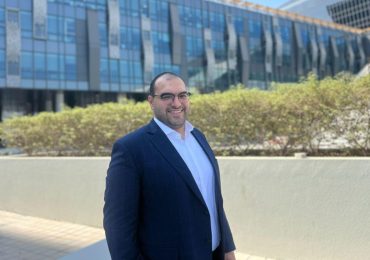Photo Courtesy of Akshay Agarwal
“In the kitchen of the future, AI is not just a sous-chef, it is the maestro orchestrating a symphony of efficiency,” declares Akshay Agarwal, a data engineer and architect building Data and AI-driven products for enhanced business operational efficiency.
With a Master’s degree in Computer Science from the Illinois Institute of Technology and over a decade of experience in data engineering and cloud architecture, Agarwal brings a unique blend of technical expertise and industry insight. His perspective has allowed him to create a storm in an industry ripe for digital disruption.
From Bytes to Bites: The AI’s Power in Restaurants
Agarwal’s journey from traditional data engineer to AI innovator mirrors the tech industry’s evolution. As he spearheaded AI and data analytics projects at Fourth, a SaaS company serving the hospitality and restaurant industry, he developed AI-driven solutions that have changed and continue to change the restaurant operations.
“The restaurant industry has been hungry for development. We are not just talking about fancy robots flipping burgers. We are creating intelligent systems that can predict staffing needs, optimize inventory, and even suggest menu changes based on real-time data analysis,” he explains.
The numbers back up Agarwal’s enthusiasm. According to recent industry reports, restaurants implementing AI-driven solutions have seen a 15 percent increase in sales and a 25 percent improvement in worker shift forecasting accuracy. According to the National Restaurant Association, these gains are particularly significant in an industry where the average profit margin hovers around three to five percent.
The Secret Sauce in AI-Powered Efficiency
Agarwal’s team at Fourth has developed a suite of tools that address some of the most pressing challenges restaurant and hospitality industry owners and managers face. A sophisticated AI platform drives this digital transformation, turning the chaos of daily dining operations into a well-oiled machine.
This predictive power is built on a foundation of machine learning algorithms, specifically deep neural networks, and time series analysis. These AI models are trained on vast amounts of restaurant data, learning to recognize patterns and make predictions that would be impossible for human managers to discern manually.
Improved Hiring and Scheduling
Fourth’s AI platform enables restaurants to forecast customer demand precisely, optimize staff schedules, and reduce unnecessary labor costs.
“Previously, the hiring and scheduling of the staff was inaccurate, and restaurant owners paid unnecessary labor costs during slower times. Using the AI platform, we can predict customer demand precisely, ensuring the right number of staff during peak hours while reducing unnecessary labor costs during slower times,” Agarwal notes.
Smarter Inventory and Real-Time Decision Making
Food waste has long been the bane of the restaurant industry. The U.S. Department of Agriculture (USDA) estimates that 30-40 percent of the food supply goes to waste. Agarwal’s AI solutions are taking a bite out of this problem.
“In traditional dining operations, the raw material used to be ordered approximately the same amount every day, and restaurants wasted a lot of food, which cost a lot of money. Now, restaurant owners can forecast raw material requirements leveraging historical data and order accordingly to prevent shortages and minimize food waste, allowing them to optimize costs and sustainability efforts using predictive analytics.” he elaborates.
The most revolutionary aspect of his work is the development of intuitive, user-friendly dashboards that allow restaurant managers to harness the power of AI in real-time.
“We have democratized data analysis, and a manager can now make informed decisions on the fly based on real-time insights into sales performance, inventory levels, and employee productivity,” he added.
The Road Ahead with AI’s Real-Time Implementation
As we look to the future, the potential applications of AI in various industries seem limitless. Agarwal is already working on next-generation solutions that push the possible boundaries.
“I am currently exploring AI-driven data engineering that can automate and optimize daily business operations’ tasks so that customers can focus on the real issues. This is true for any business sector be it construction, restaurant or banking,” he reveals. “Imagine how AI models could predict a potential site for construction of a new retail outlet or hospital based on the data or a restaurant menu that automatically adjusts based on seasonal availability, customer preferences, and sustainability metrics.”
According to recent forecasts, the global AI market is projected to reach a staggering $1.81 trillion by 2030. With different industries increasingly embracing digital transformation, Agarwal’s work in Data and AI positions him at the forefront of this AI revolution.
Notable Innovations Beyond the Table
Agarwal excelled in developing AI solutions for the restaurant industry, which helped increase the operational efficiency and revenue of restaurants in the US. He also led the flagship project to migrate Capital One Bank’s Credit Card Collection applications and data to the cloud.
Moreover, he presented at the International Conference on Emerging Computational Technologies (ICECT 2024) about “Data Analytics-Driven Approaches for Improving Robotic System Efficiency and Predictive Maintenance,” and he was a keynote speaker at the International Conference on Information Technology and Artificial Intelligence (ITAI 2025) organized by Soft Computing Research Society (SCRS) on the topic “AI-Driven Cloud Data Management”.
A New Recipe for Success
Looking beyond 2030, the potential impact of AI for predictive analytics in different industries is profound. Agarwal envisions a future where AI could help address global food security issues by optimizing supply chains and reducing waste on a massive scale. “Imagine AI systems that can predict and prevent food shortages or that can help small-scale farmers in developing countries maximize their yields and connect with global markets,” he says.
AI can optimize commercial real estate construction by predicting project costs, streamlining workflows, and improving site safety. “Think how smart AI-driven scheduling tools can reduce delays, while computer vision-powered drones can monitor progress and detect structural issues in real-time, preventing costly errors,” Agarwal added.
However, he also acknowledges the need for responsible development of AI technologies. “As we push the boundaries of what is possible, we must also consider the ethical implications of our work. We must develop AI systems that are transparent, accountable, and aligned with human values,” he notes.

















